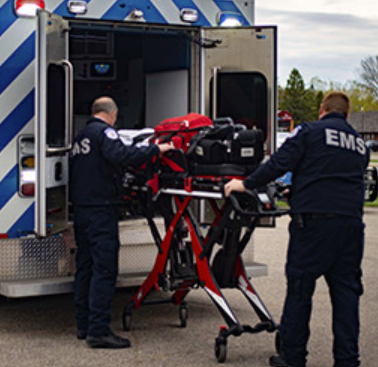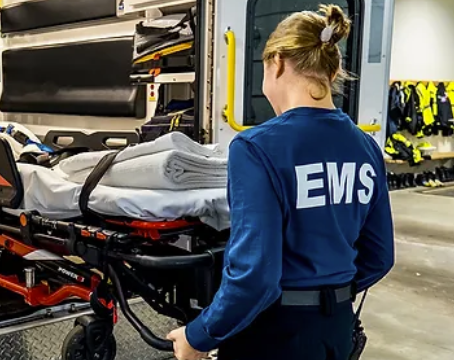JOIN US: Monday, September 22, 2024 3rd Annual Golf Fundraiser | CLICK HERE to Register
We have created tips for you. Simple but interesting ways to improve, cope and thrive. Suggestions welcome!

How not to bring work life home
Experiencing a traumatic event on the job can be extremely difficult, and it's essential to take steps to process and manage your emotions before going home to loved ones. Here are a few ideas that may be helpful: <<

What are red flags for first responders coping with stress?
It's essential to be aware of the warning signs or red flags that may indicate that a first responder is struggling to cope with stress. <<

As a first responder; Do you know how strong you are to handle ongoing traumatic events at work?
First responders, such as police officers, firefighters, and paramedics, are exposed to traumatic events on a regular basis, which can take a toll on their mental and emotional health. Here are some strategies that can help first responders build resilience and cope with ongoing trauma: <<


